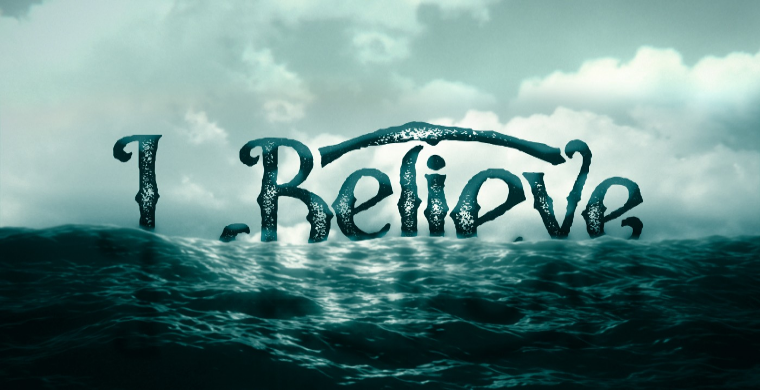I Believe...
By Duane W.H. Arnold
special to Virtueonline
www.virtueonline.org
June 27, 2021
This morning, as every Sunday morning at church, we recited the Nicene Creed. Often, saying the Creed can seem rote and/or repetitive. Occasionally, however, it strikes me like a hammer. Having encountered Christ in decidedly non-creedal churches, encountering the great ecumenical creeds was, at least for me, revelatory. They became points of identity that took me to something and somewhere beyond the usual diet of praise songs and Bible studies. The creeds pointed me to a reality of the nature of the Church that was not only global but historical. As I confessed my faith in the words of the Nicene Creed this morning, I was doing it in concert with not just the fourteen of us gathered for worship, but with millions of other believers around the world as they confessed that self-same faith in dozens, if not hundreds, of other languages. As I confessed my faith in the words of the Creed, I was joining my voice to those who first promulgated that Creed at Nicaea in the fourth century and to the myriad of believers who through the centuries stated, "I believe in one God the Father almighty..."
Much is made these days with regard to the issue of identity. We now speak of "identity politics" in which groups of voters are targeted based upon closely shared racial, cultural and/or experiential commonalities. At its core, nationalism posits a unique identity based upon allegiance to the supposed uniqueness or qualities of the nation state to which one belongs. Many find their sense of identity in the social class to which they belong or to which they aspire. Others seek identity in jobs, professions or a plethora of other ways. It seems to me, however, that much of this is a reduction, that is, the identification with an increasingly smaller sub-group.
This is where I think the identity provided by the Creed is different. It is expansive. While I may be saying the Creed and confessing my own faith, I am doing it in concert with others in a local place of worship. It does not, however, stop there, at the doors of my particular place of worship. This common confession of faith is also being said by those in this city, this state, this country. Yet, it does not stop there, at the borders of this nation. This confession of faith extends to all nations, to all races, to rich and poor alike, to all "sorts and conditions" of men and women across the globe. The identity provided by the Creed, however, is not only expansive in terms of space, it is also expansive in terms of time.
Many, especially in the Church, are not merely ignorant of history, they are rapidly becoming ahistorical. That is, it is not that history is no longer a teacher or a guide, rather, it simply does not matter. It is as though it does not exist. For instance, there are some who have compared Covid regulations to the Holocaust. This is not a matter of getting history wrong, it is, rather, not knowing history at all. The Creed calls upon us to confess or faith as part of a continuum that is rooted and grounded in the history of the Church. It reminds us that we are not the first to confess this faith. The Creed has been recited in Greek in the sixth century Hagia Sophia in Constantinople. It has been sung in Latin in the European monasteries of the dark ages. It was said in German in the Wittenberg of Martin Luther, in French in the Geneva of John Calvin and, yes, even in English in the London of Thomas Cranmer. The Creed reminds us of our place in this history.
In the end, as a creedal Christian, my identity is not based upon my nationality, or my race, or my socio-economic position in society. It is based in my confession of faith. As I said above, sometimes saying the Creed can strike me like a hammer.
Duane W.H. Arnold, PhD
The Project














